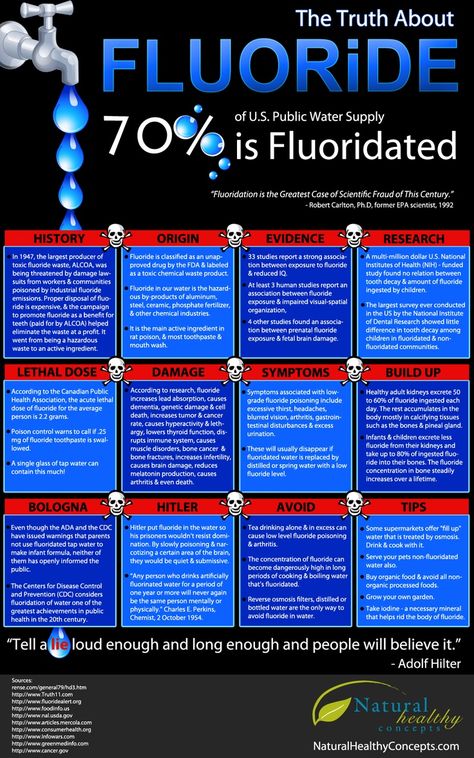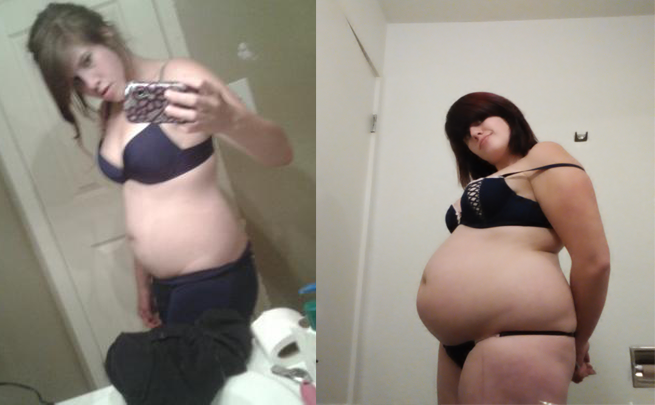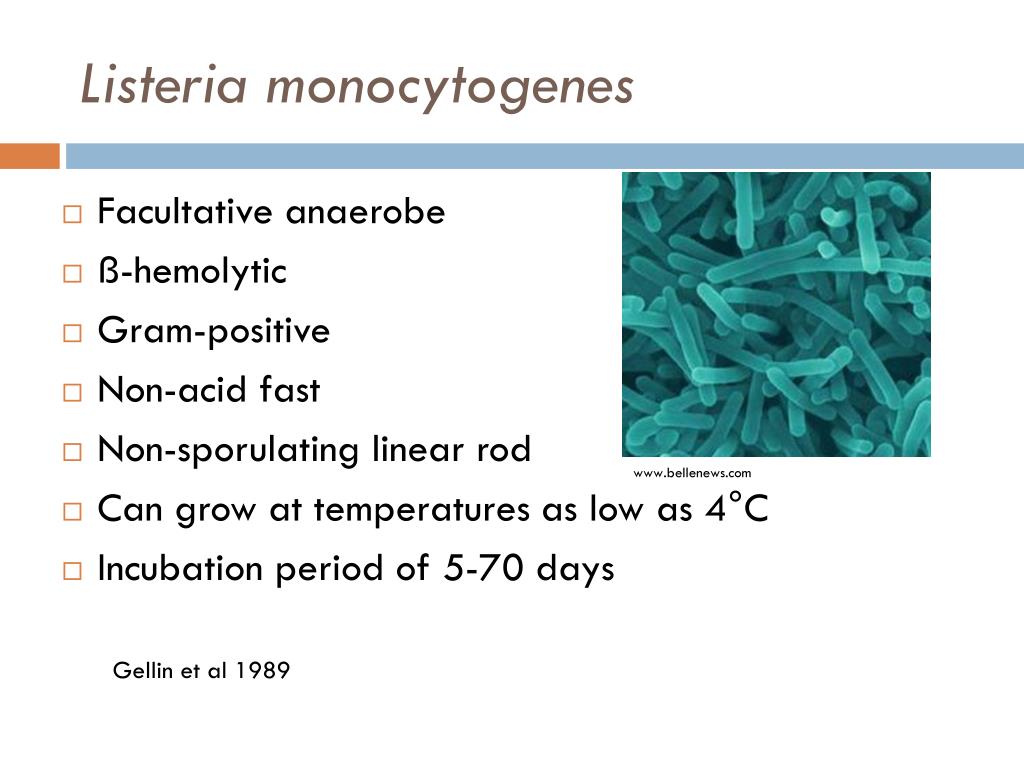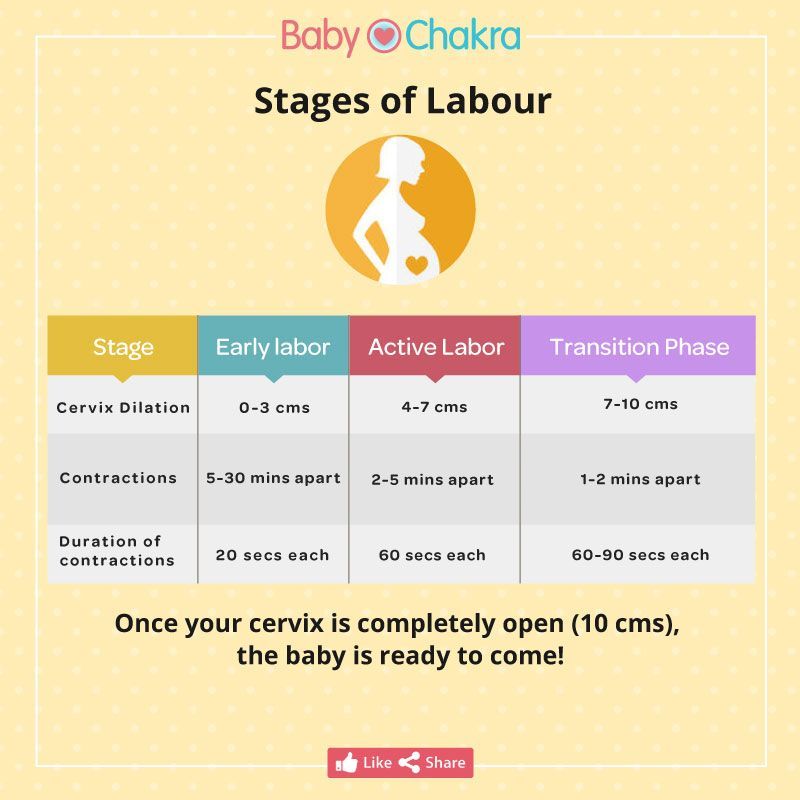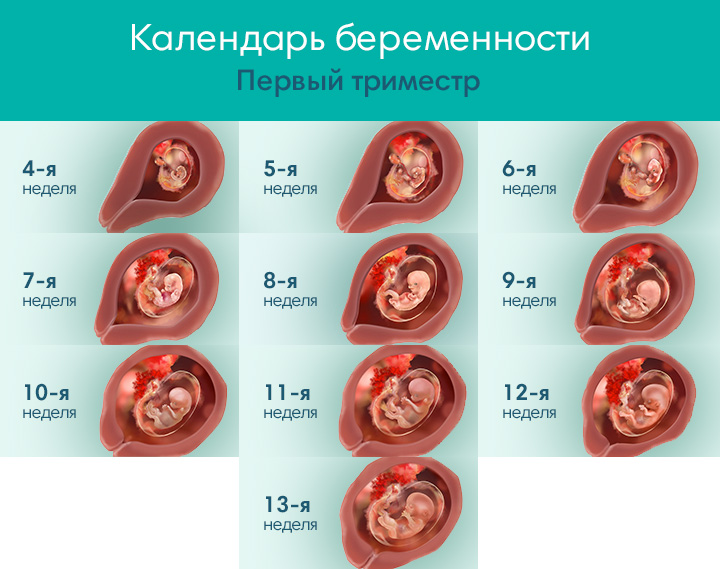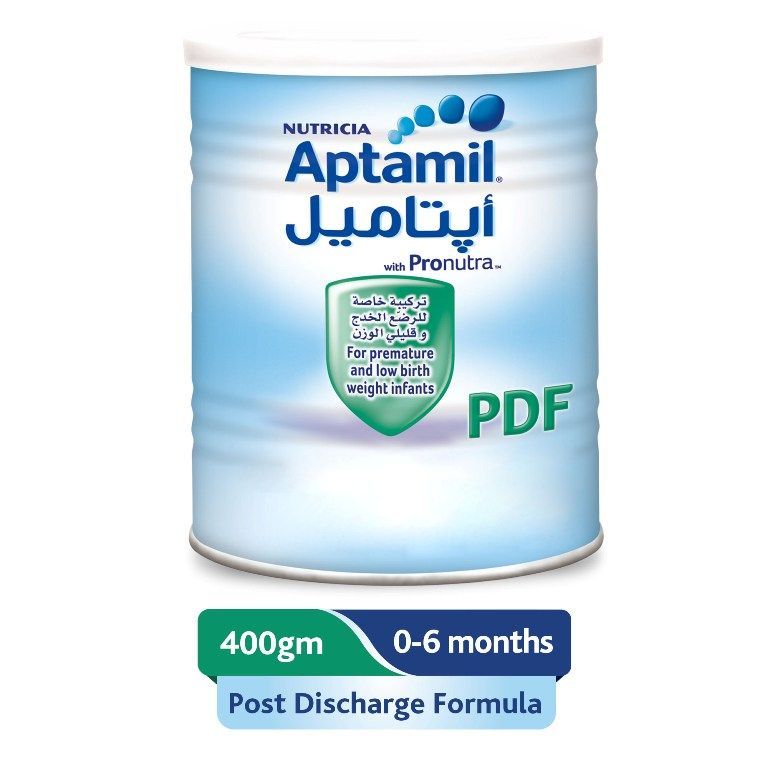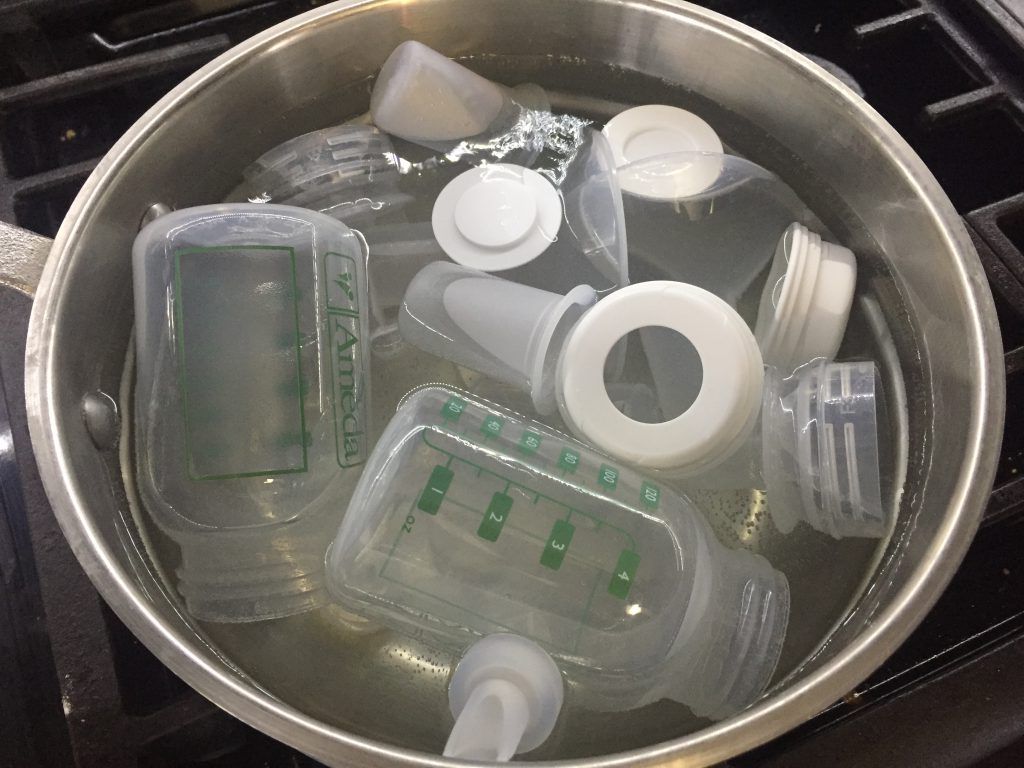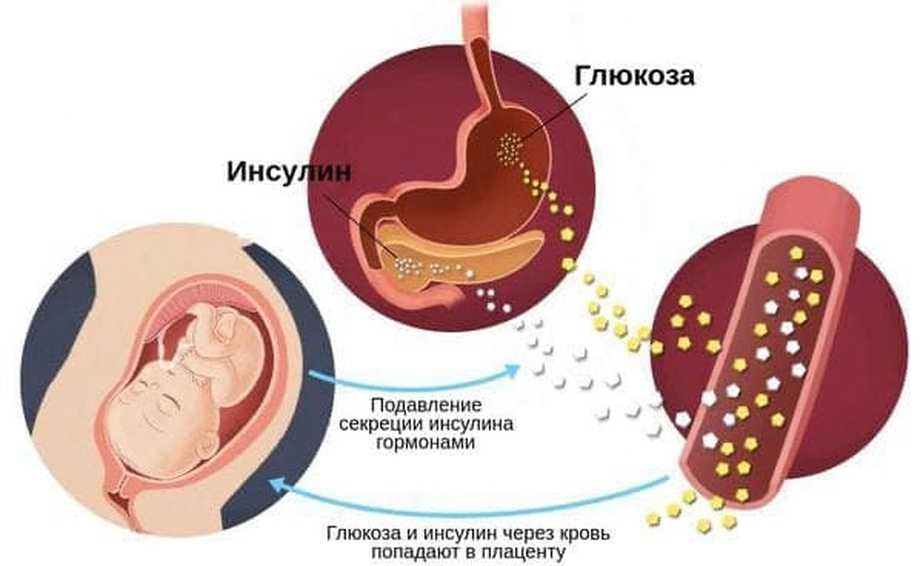What is infant water
What's the Best Water for Baby Formula? (Learn What’s Safe)
Knowing what water to use in baby formula is crucial to ensure your little one stays healthy. All water may look similar, but they’re certainly not the same. Some types of water contain higher levels of certain minerals, which can affect your baby’s developing teeth.
Before using your tap water for your baby’s formula, you need to know what kind of chemicals and minerals are present.
So, is it better to use bottled water? Let’s find out.
Table of Contents
- Using Distilled Water for Baby Formula
- Using Well Water for Baby Formula
- Baby Formula with Spring Water (Artesian)
- What About Bottled Water?
- Using Tap Water for Baby Formula
- Is It Necessary to Boil the Water?
- Fluoride and Baby Formula
- The Takeaway
Using Distilled Water for Baby Formula
Distilled water is water that’s boiled into steam, and is then condensed back into its fluid form. It’s ultra-clean water, as all contaminants have been removed during the distillation process.
Is it Safe?
Yes, distilled water is quite safe to use in baby formula. It doesn’t contain any nutrients, but your baby will get all they need from the formula.
Keep In Mind
Distilled water is fine for use in baby formula, but it shouldn’t be the only water your little one drinks later on. Because it’s completely purified, it doesn’t have any of the beneficial minerals that some other waters do.
It doesn’t replace the nutrients lost through sweating and can cause an electrolyte imbalance due to excessive urine output (1). There is no fluoride in distilled water, so there is no teeth protection for older infants.
Drinking distilled water is not dangerous to your toddler, as long as it is balanced out with a wholesome diet.
Using Well Water for Baby Formula
Well water is derived from a small reservoir a few feet beneath the surface and is enriched by minerals from the ground.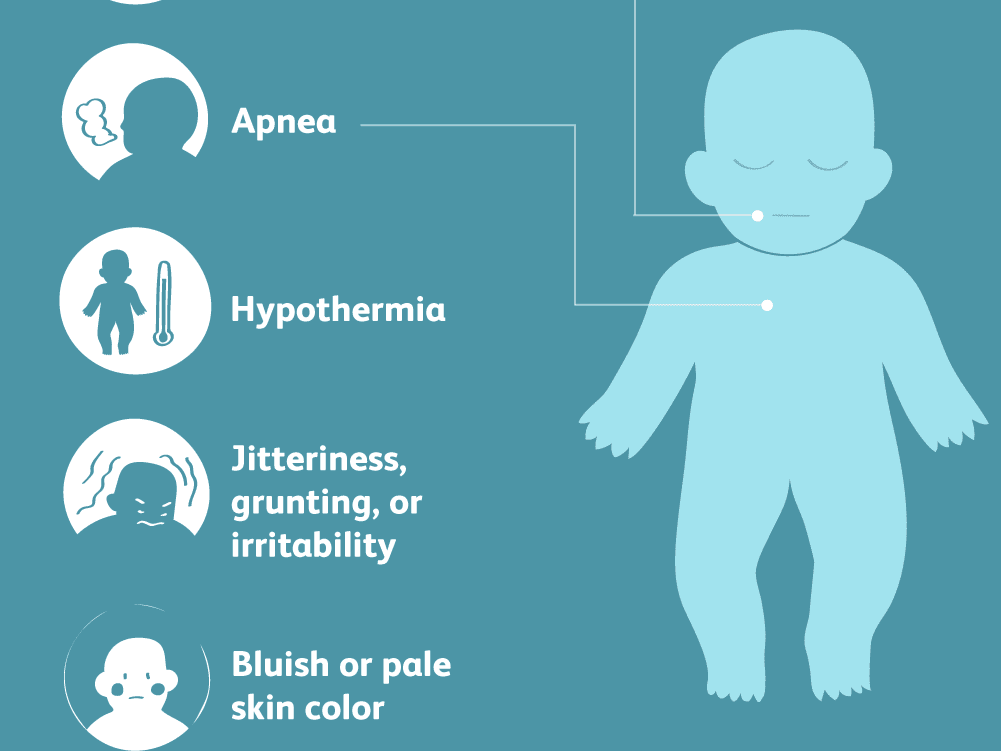 Many people across the U.S. have private wells supplying their home with water.
Many people across the U.S. have private wells supplying their home with water.
Is it Safe?
Well water is to be used with caution when mixing baby formula, and human consumption at large. Wells can contain toxins or bacteria not safe for humans to drink.
If your home uses well water, you must get it tested before drinking it or using it for baby formula. Don’t simply boil it and assume it’s safe for your baby. Most well water contains minerals such as nitrates and iron, which you can’t boil away.
Boiling the water may even increase the concentration of these minerals. Call your county’s health department for information on testing. Since it is recommended to heat water to at least 158 degrees F (70 degrees C) when preparing infant formula, well water is typically not the best choice (2).
Keep In Mind
Frequently testing your well water is a must. Microorganisms and bacteria can settle in, making you sick. If your water is safe, it’s still best that you boil it before using it for baby formula.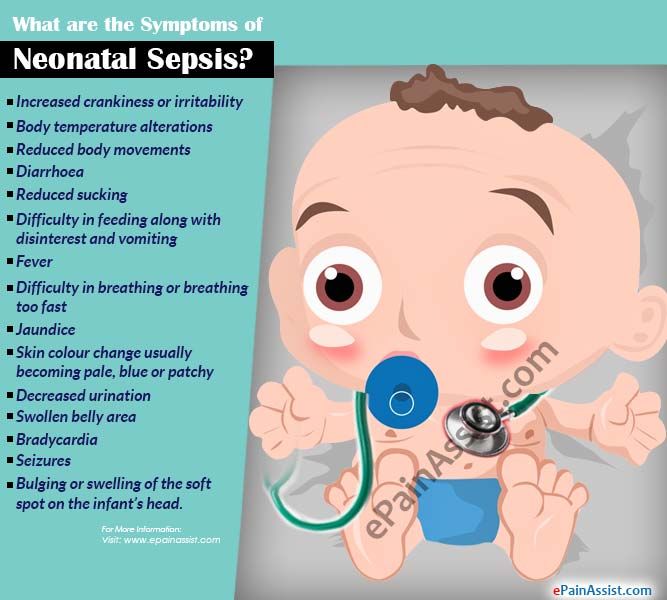 The Journal of Pediatric Gastroenterology discusses the risks of Salmonella and other bacterial infections that may be transmitted.
The Journal of Pediatric Gastroenterology discusses the risks of Salmonella and other bacterial infections that may be transmitted.
Baby Formula with Spring Water (Artesian)
Spring or artesian water is similar to well water, but it comes from a much deeper reservoir. It’s not typical water to get through your tap, and most people buy it in bottles or jugs.
Is it Safe?
It depends. Many prefer using distilled water to be on the safe side. However, spring water, which has been purified and is up to FDA standards is safe to use — though you should still boil it.
If the water comes straight from the source, it can contain minerals or even bacteria your baby shouldn’t ingest.
Keep In Mind
Many kinds of spring water contain minerals that aren’t ideal for your baby. All the minerals babies need come from their formula — water is merely there to dilute it. This is why most pediatricians will advise you to only use distilled water.
What About Bottled Water?
Sometimes, using bottled water is the easiest option if your water is unsafe or you’re away from home. Nursery Water is purified bottled water, marketed exclusively for babies. However, it isn’t your only option.
Nursery Water is purified bottled water, marketed exclusively for babies. However, it isn’t your only option.
Many of these options contain fluoride which is not necessary until 6 months of age. If you live in an area where your municipal water is non-fluoridated and your pediatrician has prescribed a fluoride vitamin supplement for your baby, additional fluoride from Nursery Water is not necessary or recommended.
Any bottled water that’s low in fluoride and has labels indicating it’s been purified, distilled, deionized, demineralized, or has gone through reverse osmosis, is fine.
Any water you purchase within the U.S. must abide by laws and the FDA’s water quality standards.
Is it Safe?
Yes, bottled water purchased within the U.S. is safe to use for baby formula. However, you should still sterilize it by boiling, unless it’s distilled.
Keep In Mind
The biggest drawback of using bottled water is the price. It’s quite expensive, and it may not be worth the trouble.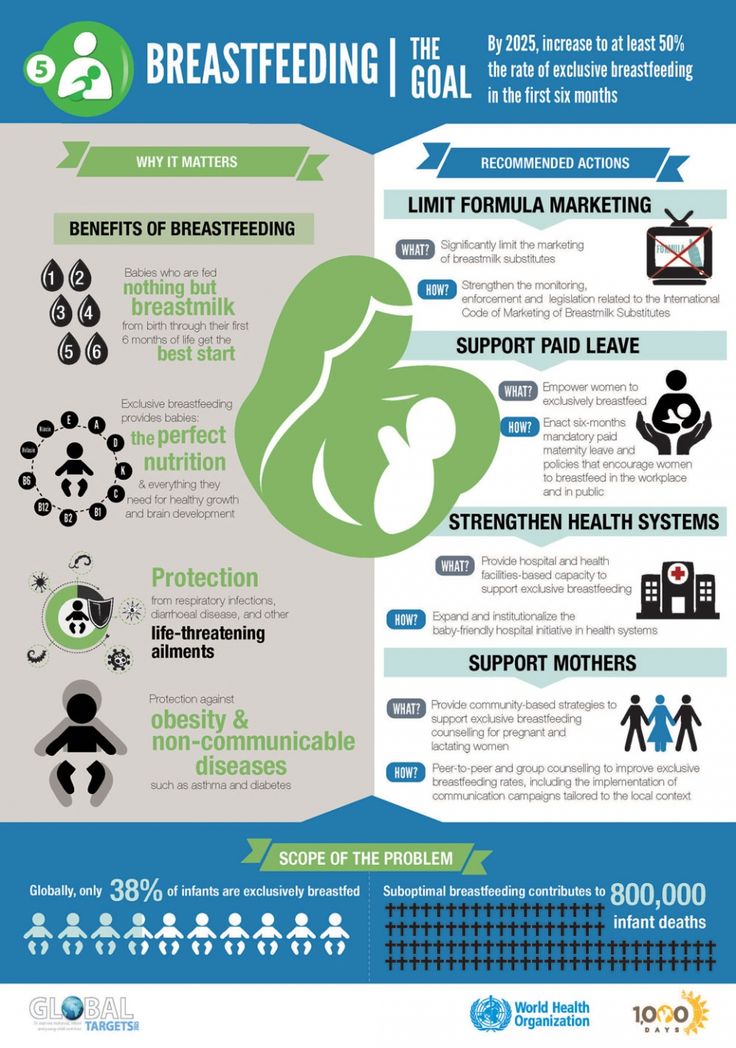
Using Tap Water for Baby Formula
With the advent of a variety of home water filter systems, many families choose tap water for preparing infant formula. This is a much more economical option than bottled water. Most filters do not remove the fluoride that is added by municipalities. It is recommended to heat this water to 158 degrees F (70 degrees C) when using it to prepare infant formula (3).
Is It Necessary to Boil the Water?
In the past, manufacturers always said you should boil any water used for baby formula. Today, though, it’s a bit different, as many recommend you consult your pediatrician instead.
The American Academy of Pediatrics stresses the importance of using water coming from a safe source. They also state that if you are sure your tap water is safe, you can mix it at room temperature with formula. There is no need for boiling or sterilization.
If you’re unsure of the safety of your supply, then boil tap water. Take cold tap water, and bring it to a rolling boil and turn off. Leave it to cool before mixing with formula. Here is more information from the AAP about safe water.
Leave it to cool before mixing with formula. Here is more information from the AAP about safe water.
Never let the water boil for more than one minute. Doing so could increase the concentration of the impurities present in the water.
To prevent bacterial contamination, don’t leave the water to cool for any longer than 30 minutes (4).
Before feeding, always ensure the bottle is not too hot or cold. Shake a few drops onto the inside of your wrist to test the temperature.
Never Add More Water
Always go with the directions on the package. Never water down the formula to make it last longer or to give your baby more hydration. Small babies shouldn’t drink much water, and it could result in water intoxication (5).
Another concern in regards to boiling water is lead. Unfortunately, there are many places where tap water has a higher than desired lead content. When such water is boiled, the lead concentration increases, making it more harmful.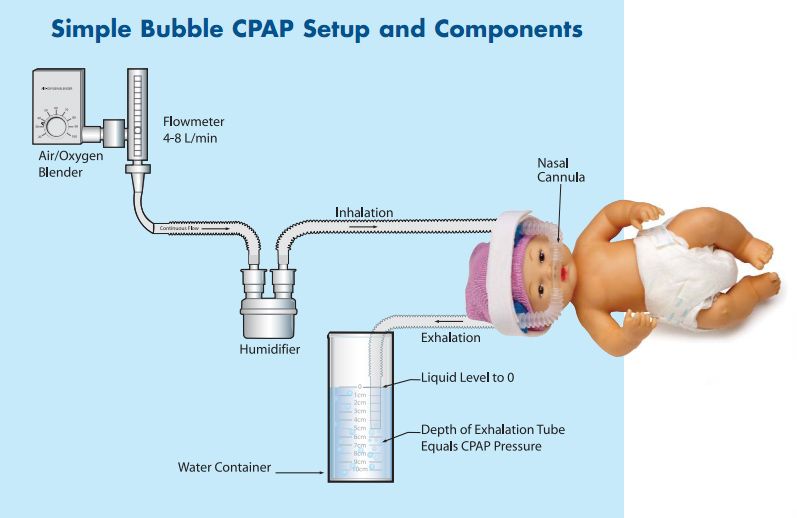 Lead exposure can cause permanent neurological and developmental deficits in infants and children. It is, therefore, important to have your tap water tested for lead before using it to prepare formula (6).
Lead exposure can cause permanent neurological and developmental deficits in infants and children. It is, therefore, important to have your tap water tested for lead before using it to prepare formula (6).
Fluoride and Baby Formula
If your water contains high concentrations of fluoride, you should be mindful of how much you’re using for baby formula.
Fluoride is a component which is often added to water systems to strengthen the enamel on our teeth. However, too much can result in something called dental fluorosis.
Dental fluorosis isn’t a tooth disease — it’s more of an annoyance causing discoloration of a baby’s developing teeth (7). It only affects new teeth, which are still growing under the gums. Once out, too much fluoride has no effect.
Discoloration from dental fluorosis appears as white streaks or lines on the permanent teeth.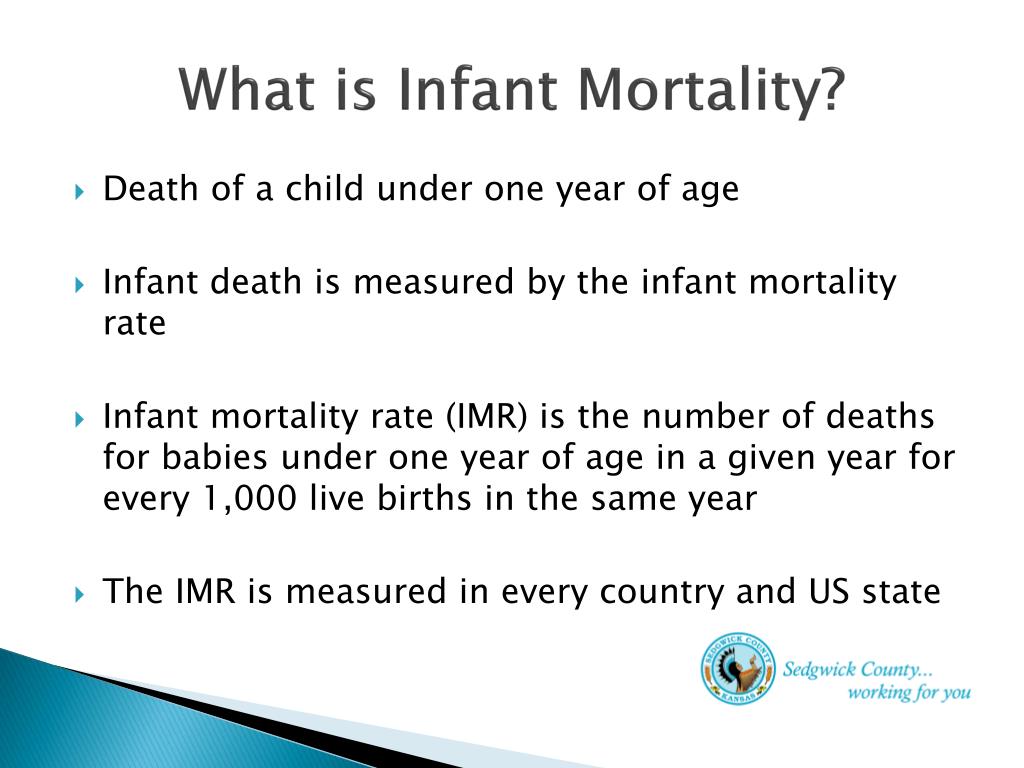 In many cases, it’s so subtle that only a dentist will be able to notice it.
In many cases, it’s so subtle that only a dentist will be able to notice it.
Still, it’s a point worth considering. Experts recommend that you avoid using fluoridated water solely for baby formula. If your tap water has added fluoride, use distilled bottled water a couple of times a day instead to balance it out (8).
If you’re unsure of how much fluoride is in your water, check with your city’s water company. Verify that the levels of fluoride are around 0.7 parts fluoride to 1 million parts water (9).
I have many parents in my practice who are concerned about claims of other harmful effects of fluoride which are unproven but prevalent on the internet. They often resist giving their infant or older child fluoride supplementation, assuming that regular dental care and the use of fluoride toothpaste is sufficient. As mentioned above, fluoride is beneficial to teeth that have not yet erupted. When given at the appropriate age and amount, there is no harm (10).
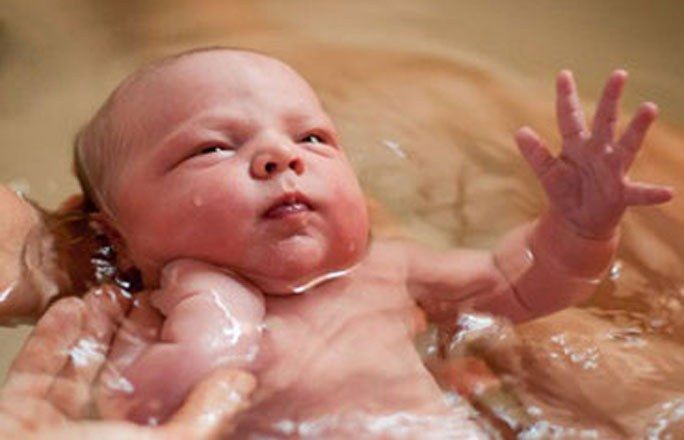
Editor's Note:
Dr. Leah Alexander, MD, FAAP
The Takeaway
You must pick the best water available for your baby’s formula. Well or spring water isn’t recommended as they can contain too many minerals and possible contaminants.
If you do use one of these, you must boil it. Let the boil roll for no more than one minute. Before mixing it with formula, let it cool, but not for longer than 30 minutes.
Using water containing fluoride is fine after the age of 6 months, as long as it doesn’t exceed the recommended limit. The best water to use is distilled or purified water. These include no harmful elements, and you don’t need to boil them before use.
Feedback: Was This Article Helpful?
Thank You For Your Feedback!
Thank You For Your Feedback!
What Did You Like?
What Went Wrong?
When Is It Safe to Give Water to Infants?
Written by WebMD Editorial Contributors
In this Article
- How Infants Stay Hydrated
- When Babies Can Start Drinking Water
- Making Sure Water Is Baby-Safe
- Risks of Water for Infants
- Water as Your Baby Grows
If you have a baby, you’re probably concerned about making sure they have enough water and nutrients to stay healthy.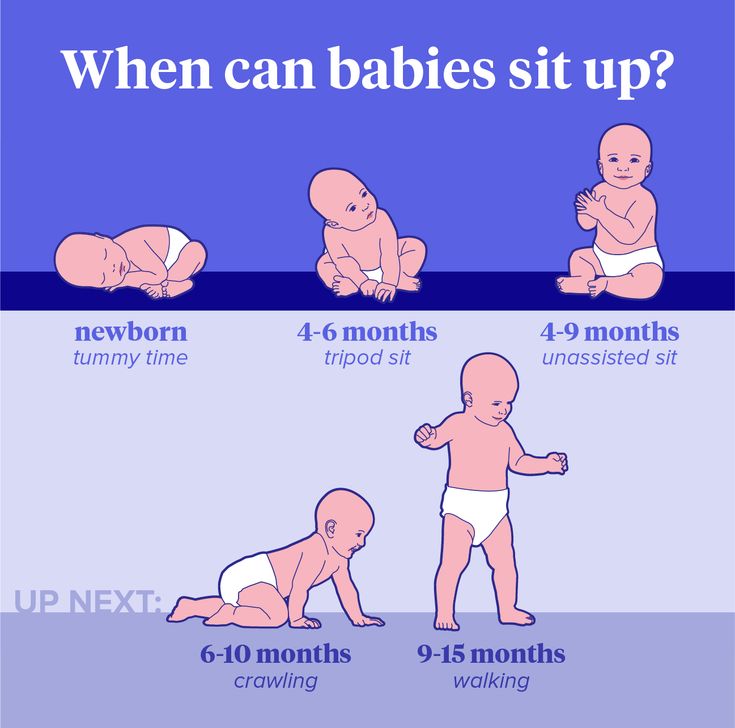 Even though your baby drinks breast milk or formula, is that enough to keep them hydrated? Yes. Here’s what you need to know.
Even though your baby drinks breast milk or formula, is that enough to keep them hydrated? Yes. Here’s what you need to know.
How Infants Stay Hydrated
As an adult, water is the most hydrating thing you can drink. It quenches your thirst and helps all of your systems stay balanced.
But children under a year old don’t need water like adults do. It can actually be dangerous for them. Babies get all their hydration from breast milk or formula.
When Babies Can Start Drinking Water
A baby should drink only breast milk or formula until they’re six months old. It has all the hydration and nutrition they need in the early months.
Even when you start giving them purees or table food at around 6 months of age, breast milk and formula are still more important than water. But you can begin to introduce it.
When babies are between 6 and 12 months of age, breast milk or formula continues to be a priority over water. But if you offer breast milk or formula first, you can then offer water, 2-3 ounces at a time.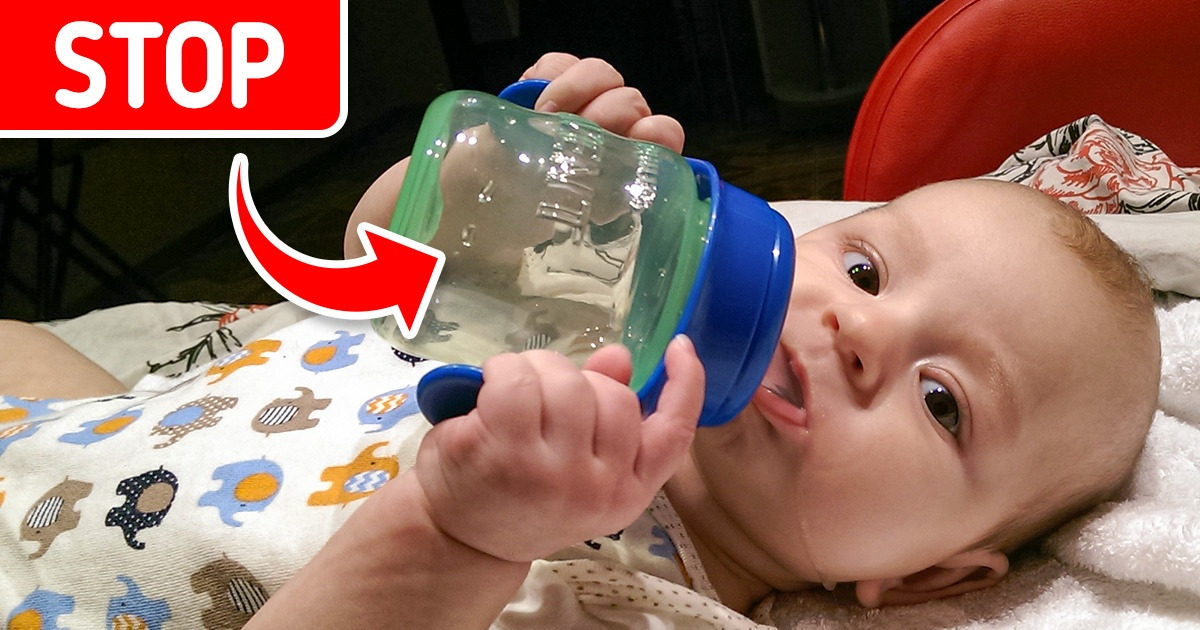 At this age, 4-8 ounces a day of water is enough. More than that may lead to water intoxication.
At this age, 4-8 ounces a day of water is enough. More than that may lead to water intoxication.
Making Sure Water Is Baby-Safe
Before using water to mix baby formula or offering a baby water for the first time, consider testing your tap water. While tap water may have fluoride that helps prevent tooth decay, it could also contain levels of lead that are unsafe for babies.
Most tap water in the U.S. is safe, with a few exceptions:
- If you have untested well water.
- If your water source has recently been contaminated.
- If your baby has low immunity.
If you’re worried about lead exposure and traces of chemicals in your water, install a filtration system or use distilled water instead which can be easily purchased.
Considerations for mixing formula with water. If you use tap water to mix formula, mix only one bottle at a time. Don’t use tap water to mix formula in bulk amounts.
A similar rule applies to water that you’ve boiled. Refrigerate boiled water within an hour, and throw it away if you don’t use it within 24 hours. Always allow the water to cool completely before mixing the formula. Hot water can burn your baby.
Refrigerate boiled water within an hour, and throw it away if you don’t use it within 24 hours. Always allow the water to cool completely before mixing the formula. Hot water can burn your baby.
When you purchase formula, carefully follow the instructions on the container for mixing it with water. Instructions vary by brand. This will ensure your baby gets the right amount of nutrients and hydration.
Mixing in too much formula may lead to constipation or dehydration. Mixing in too little formula may lead to malnutrition or water intoxication.
Risks of Water for Infants
Drinking too much water at a young age is very dangerous. Water causes an imbalance in sodium levels that may lead to:
- Seizures
- Brain damage
- Coma
- Death
Water intoxication leads to changes in behavior such as:
- Confusion
- Drowsiness
- Muscle cramps and twitching
- Nausea and vomiting
- Difficulty breathing
- Weakness
Watch for signs of water intoxication and call your doctor immediately if you have any concerns.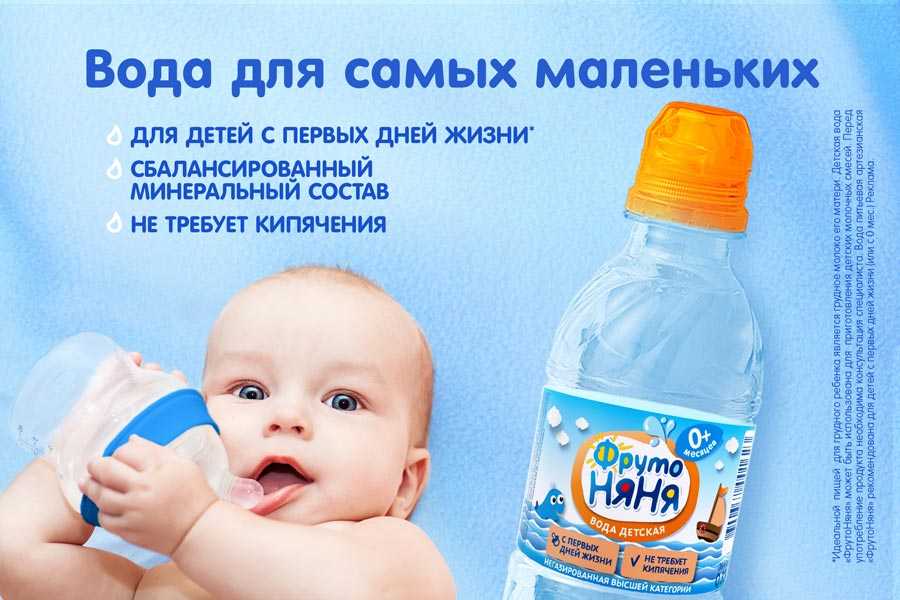
Water as Your Baby Grows
Between the ages of 1 and 3, your toddler needs 4 cups of liquid per day. This is a transitional period that should include both water and breastmilk or formula. The older your child gets, the more water they need. There are several ways you can encourage your older child to drink enough water.
Flavor water with fresh fruit. Water is healthier than juice since many children’s juices are full of sugar. If your child prefers the taste of juice, use fresh fruit to flavor their water. Lemon, berries, mint, and cucumber are great additions.
Offer more fruits and vegetables. Encourage your child to eat more fruits and vegetables with high water content. These help them stay hydrated without forcing them to drink more water than they want. Hydrating vegetables include cucumber, tomato, zucchini, celery, and iceberg lettuce. Hydrating fruits include strawberries, watermelon, blueberries, cantaloupe, and grapefruit.
Make creative ice cubes and popsicles. Puree your fruit of choice with water and freeze it into ice cubes or popsicle molds.
Provide special drinkware. Use a fancy cup with favorite colors or characters. When you find ways to make water fun, your child is more likely to enjoy drinking it.
Is baby water different from regular water? • INMYROOM FOOD
Surely you have seen children's drinking water on the shelves. Caring parents choose it for their children, sincerely believing that it is much more useful than usual. It is for this reason that some adults buy such water for themselves.
However, in today's world it is quite difficult to trust manufacturers. After all, a whole regiment of marketers works for them, accurately guessing the desires and needs of the target audience.
We are trying to figure out how children's water differs from ordinary water and whether it differs in principle.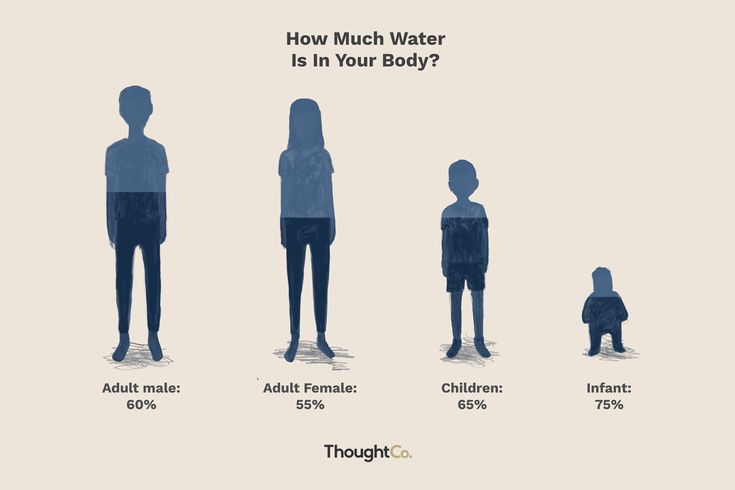
Why children need drinking water
All parents want their children to be healthy. To do this, you need to follow a number of simple rules. First, organize the baby the right daily routine. And secondly, take care of his diet.
Nutrition plays an important role in a child's life, but water plays an equally important role. Children can be introduced into the diet of water from the first days of life, if the child is artificially fed, and if breastfed, then from about 4 months of age. nine0003
For many generations, ordinary boiled water has been used for children's diet. This trend continues to this day. However, it is important to understand that our parents had nothing else in their arsenal. Therefore, today it is much more reasonable to use water for baby food, which is enriched with vitamins and minerals. This is children's drinking water.
Features of children's drinking water
The main difference between children's water and ordinary water is its composition.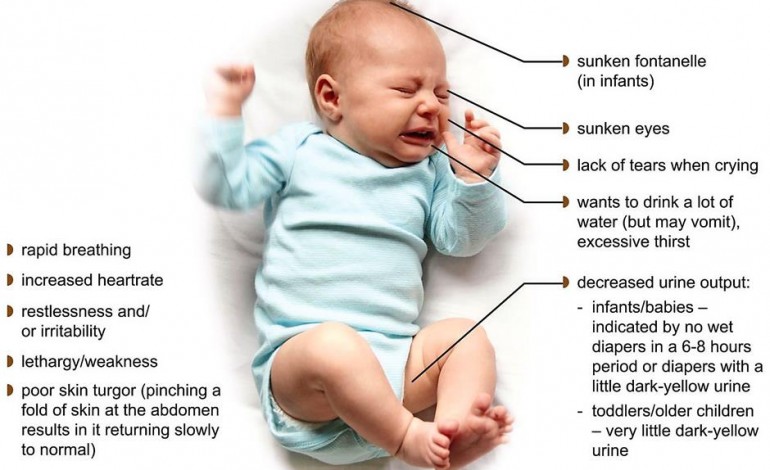 The requirements for it are much higher and tougher. Such water can be included in the child's diet and not even boiled before drinking. But the sparkling water that adults drink is not at all suitable for children due to its high mineralization. nine0003
The requirements for it are much higher and tougher. Such water can be included in the child's diet and not even boiled before drinking. But the sparkling water that adults drink is not at all suitable for children due to its high mineralization. nine0003
Trite, but numbers play a decisive role in choosing water that will be good for a child. The ideal composition of minerals in baby water should range from 200 to 300 milligrams per liter. The maximum figure is 500 milligrams per liter. The optimal hardness of children's water is from 1.5–7 milliequivalents per liter. And the alkalinity of such water should not exceed 5 milligram equivalents per liter.
And here are the general standards for mineral water performance, which you need to pay special attention to:
potassium - 5–20 milligrams per liter;
calcium - < 60 milligrams per liter; mg per liter
sodium - < 20 milligrams per milligram; nine0030
fluoride ion - < 0.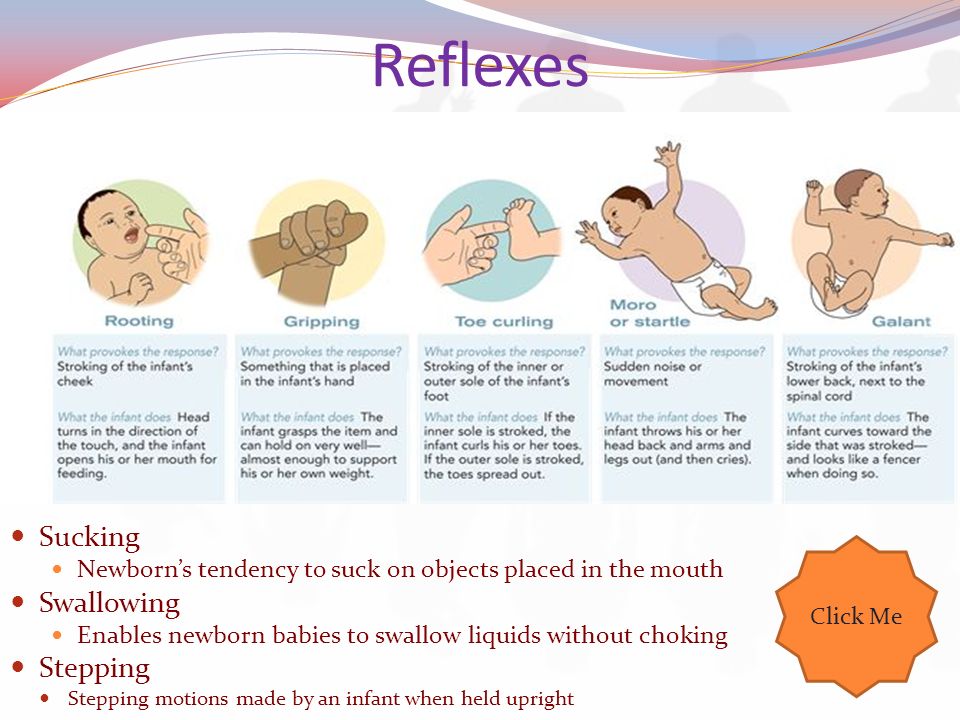 920 milligrams per milligram
920 milligrams per milligram
chlorides - < 150 milligrams per milligram
iodide ion — 40–60 micrograms per litre;
sulfates - < 150 milligrams per milliliter
Baby water should never contain carbon dioxide or carbon dioxide. They have a negative impact on the developing organism. But for the production of bottled water "for adults" are used as preservatives. nine0030
Some legislation
Children's health is one of the most important issues of national importance. That is why this issue in our country is regulated at the legislative level.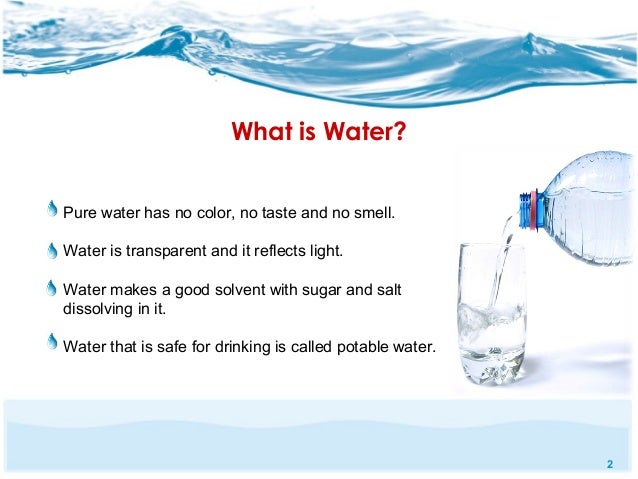 Thus, the requirements for children's bottled water are prescribed in the Sanitary Rules and Norms (SanPiN).
Thus, the requirements for children's bottled water are prescribed in the Sanitary Rules and Norms (SanPiN).
In Russia, the manufacturer has no right to write on the bottle that the water is for children, if he does not have the appropriate certificate of state registration and a declaration of product compliance with the requirements of the technical regulations of the Customs Union. nine0003
It should be noted that there are 2 types of water for children: drinking and formula. This article is about drinking water. It is important to know that it cannot replace water for making mixtures due to its composition.
How to choose baby water
Unfortunately, not all the water that is on the shelves of the store (even if it says that it is for children) meets the norms and requirements of Russian legislation. Therefore, you should be extremely careful when choosing such water for your child. nine0003
Be sure to pay attention to the appearance of the bottle and the water itself.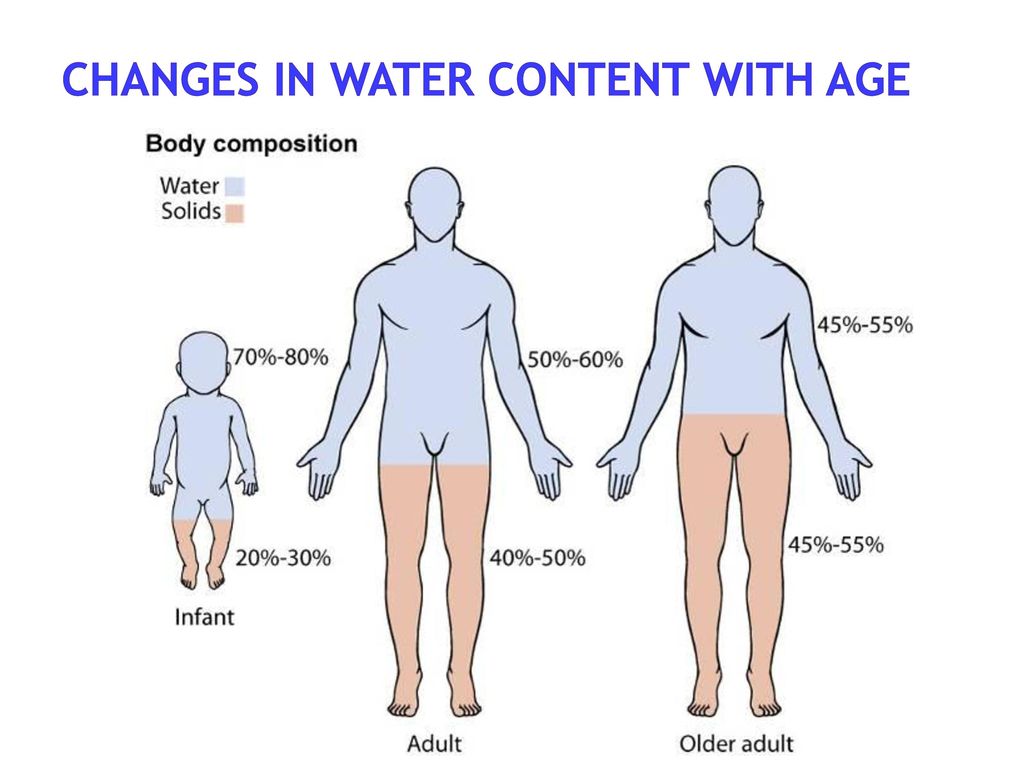 It should not contain sediment or visible impurities. The water should be clean and the label as simple as possible. Some manufacturers use images of popular cartoon characters for packaging, but this does not mean at all that water is suitable for baby food in terms of composition.
It should not contain sediment or visible impurities. The water should be clean and the label as simple as possible. Some manufacturers use images of popular cartoon characters for packaging, but this does not mean at all that water is suitable for baby food in terms of composition.
Therefore, read the information on the label carefully. Everything is written there. The mineral composition must be indicated on the label of baby water. Look for the word "artesian," the well number, and all relevant mineral numbers. nine0007
Summing up
There really is a difference between children's and adults' drinking water. This is not a myth. But unfortunately, you can never be 100% sure that the product you are holding in your hands is manufactured in accordance with the norms and requirements of Russian legislation. Independent examinations show that today some manufacturers make mistakes and inaccuracies in the production of their product.
Therefore, it is important to be extremely careful when choosing baby water, because we are talking about the health of your child.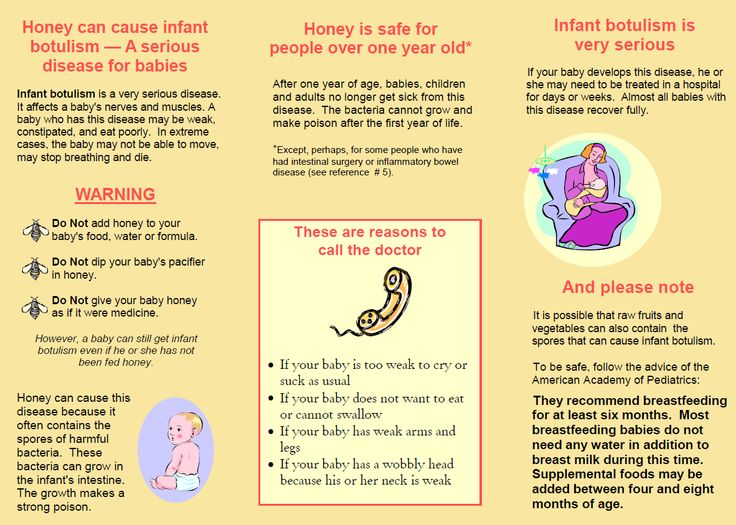 Be sure to read the information on the packaging and look for what, according to the law, must be indicated on it. You can learn more about the requirements of Russian legislation for bottled baby water in SanPiN 2.1.4.1116-02. You can also find out if children's drinking water is registered in the register of Rospotrebnadzor. You can do this on the site fp.crc.ru. nine0003
Be sure to read the information on the packaging and look for what, according to the law, must be indicated on it. You can learn more about the requirements of Russian legislation for bottled baby water in SanPiN 2.1.4.1116-02. You can also find out if children's drinking water is registered in the register of Rospotrebnadzor. You can do this on the site fp.crc.ru. nine0003
Children's water - keep away from children!
/ All materials
As part of the quality control program, specialists of the Union of Consumers Roskontrol conduct regular monitoring of goods, including those that have already taken part in the examination. In August 2016, 5 samples of well-known brands of baby water were sent to the laboratory: FrutoNyanya, Agusha, Fairy Forest, Winnie and Nutrilak aqua. The first four were participants of the previous examination, and the last product was added at the numerous requests of the portal readers.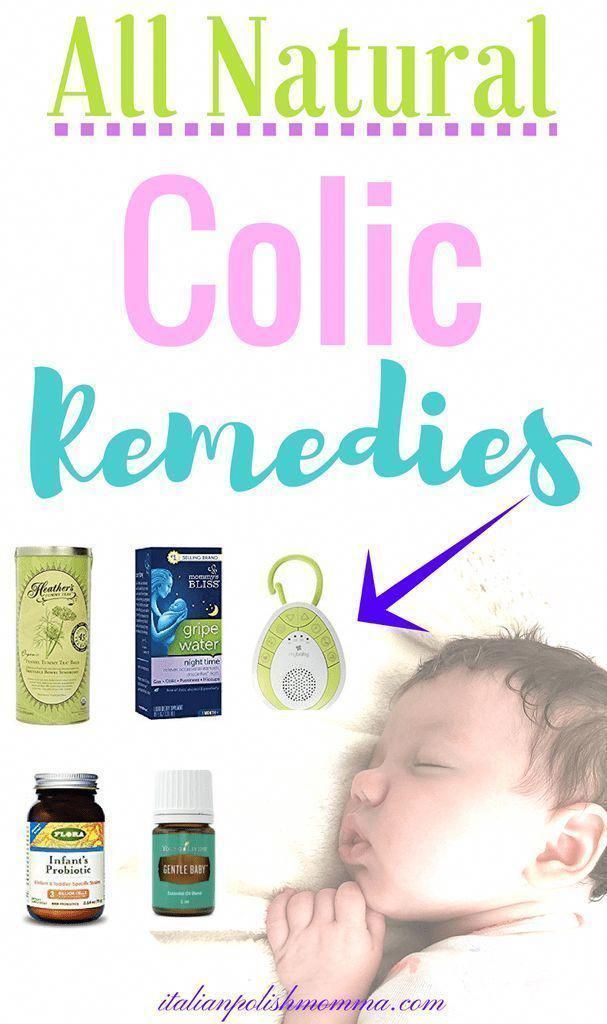 nine0003
nine0003
Test results
Who lives in the Fairy Forest?
Andrey Mosov, head of the Roskontrol expert department, doctor:
“When determining the total microbial number, water samples are cultured in parallel at two temperatures: 22°C and 37°C. The TMC index at 37°C is especially important, since at this temperature (close to body temperature) microbes grow, which can be dangerous for a person, especially a small child. The intestines of a newborn are practically sterile, immunity has not yet been formed, so microbes from contaminated water can cause digestive disorders in the baby. TMP at 22°C shows the content of less dangerous, but also signaling water pollution, saprophytic microorganisms. nine0030
Mercury is not a toy for a child
Exceeding the norms of mercury content for water of the highest category was found in Vinnie, FrutoNyanya and Nutrilak aqua
Two boots of steam
It is worth noting that samples "Winnie" and Nutrilak aqua are bottled at the same plant and have mostly similar violations. So, the content of chloroform, which has both toxicity and probable carcinogenic activity, is 2 times higher than the permissible one. Experts believe that the bottled water is probably not from natural underground sources, but tap water that has been treated with chlorine. nine0003
So, the content of chloroform, which has both toxicity and probable carcinogenic activity, is 2 times higher than the permissible one. Experts believe that the bottled water is probably not from natural underground sources, but tap water that has been treated with chlorine. nine0003
Benefits of the body
Larionov Boris Vasilyevich, expert in dietetics and prevention of non-communicable diseases: “Regular intake of water with a small amount of fluoride can cause the appearance of initial dental caries - carious spots after 1-3 weeks, depending on whether the child cleans teeth with fluoride toothpastes, and eating fluoride-rich marine fish and seafood.”
Smelly water
Maxim Rudakov, Director of the Expert Department, Roskontrol: “As part of the implementation of the Quality Control program, Roskontrol has been carrying out examinations of goods for several years now. The results of the work indicate the instability of the level of safety and quality of products sold on the market. And this is once again confirmed by the results of the examination of children's water, in which the participants, who had proven themselves two years ago, were blacklisted during the next check. An effective solution, in our opinion, would be the introduction into practice of an independent quality control system in the form of regular checks of product samples taken from store shelves. Knowing that the goods can be and will be checked at any time, manufacturers will have to take quality and safety more responsibly. Such a mechanism will protect the consumer and support honest business.” nine0030
And this is once again confirmed by the results of the examination of children's water, in which the participants, who had proven themselves two years ago, were blacklisted during the next check. An effective solution, in our opinion, would be the introduction into practice of an independent quality control system in the form of regular checks of product samples taken from store shelves. Knowing that the goods can be and will be checked at any time, manufacturers will have to take quality and safety more responsibly. Such a mechanism will protect the consumer and support honest business.” nine0030
In the near future we will continue monitoring children's water to find the answer to the question: what kind of water can be given to children!
August 29, 2016
Advertising
Advertising
Name of the Contacting Organization
9000 I have read and accept the Rules for the Functioning of the Independent Quality Control System "Roskontrol". nine0003
Name of the product
Category of goods
Brand
9000 ×
Tariff
You have selected subscription level Free .